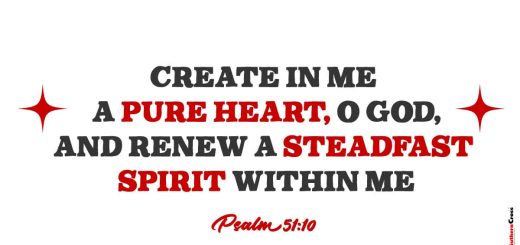1919: Bishops and leading clergy from South Africa meet in Durban to celebrate Bishop Henri Delalle�s silver jubilee of ordination. Taking the lead from Bishop Hugh Macsherry of the Cape Eastern District, the founding of a national Catholic newspaper is discussed.
1920: The Catholic Publishing & Newspaper company is founded with a starting capital of �3000, which is raised by issuing shares of �1 each, sold to Catholics around the country. The new newspaper is to be called The Crusader, until somebody comes up with the title The Southern Cross (the name of a recently defunct Anglican newspaper).
Fr James Kelly of St Michael�s in Rondebosch, Cape Town, is appointed editor. The newspaper�s offices are located at the parish�s presbytery.
The first issue goes on sale on Saturday, October 16. In Durban�s Emmanuel cathedral alone, 800 copies of the initial print run of 3500 are sold. Within weeks, circulation increases to 6000, making The Southern Cross one of the biggest South African weeklies.
1921: Following disputes with the lay editor, Mr Donovan, Fr Kelly is asked to resign as editor. Mgr John Colgan replaces him on an interim basis.
The Southern Cross moves from St Michael�s parish to new offices in Progress Lane, off Cape Town�s Strand Street. The new postal address is PO Box 2372 (it has remained unchanged to this day). Subsequently, the newspaper occupied offices in the vicinity of parliament and St Mary�s cathedral: in Hope Street, Cape Town�s Chancery, Roeland Street, and the present offices in Tuin Plein.
The newspaper�s most enduring column is the children�s page, edited by Uncle Joe (better known as Mgr Frederick Kolbe). Among Uncle Joe’s correspondents is one “Robin” � later to become Denis E Hurley OMI, archbishop of Durban.
1923: Mgr Colgan is succeeded by his assistant, Mgr John Morris, a reputed workaholic. He is assisted for a time by Mgr Hugh Boyle, who would later become the bishop of Johannesburg.
Publication day is changed from Saturday to Wednesday.
1931: Mgr Colgan becomes editor again, this time for ten years.
1941: Fr Owen McCann becomes editor. Despite paper shortages, The Southern Cross publishes every week. To this day, The Southern Cross has not missed publication for a single week.
1948: Fr Louis Stubbs succeeds Fr McCann as editor, proceeding to become the newspaper�s longest serving editor: 25 years and three months.
1951: In April, The Southern Cross publishes a series of daily editions (see below) to cover the founding of the Southern African Catholic Bishops� Conference. This marks the first time a religious daily is published in South Africa.
1974: Mgr Donald de Beer, brother of liberal politician Zach de Beer, becomes editor.
1986: Mgr de Beer resigns. Cardinal Owen McCann takes over on a caretaker basis. The Southern Cross thus becomes the first newspaper in the world to have been edited by a future and a sitting cardinal.
1991: Fr Bernard Connor, a future Dominican provincial, is appointed editor.
1993: The Southern Cross becomes one of South Africa�s first newspapers to be produced entirely using desktop publishing technology (now an industry standard).
1995: Michael Shackleton, who served Cardinal McCann as assistant during Vatican II, assumes the editorship. Under his editorship, The Southern Cross bucks contemporary publishing trends by recording a significant increase in circulation.
1998: The Southern Cross publishes a special tribute issue to commemorate the 20th pontifical anniversary of Pope John Paul II. It contains adverts of congratulations from readers and advertisers. The issue is presented through the Vatican to the Holy Father.
2001: Michael Shackleton retires and is succeeded by Gunther Simmermacher, previously managing editor. Mr Simmermacher thus becomes the first editor of the newspaper who has not been a priest.
In July, a Southern Cross editorial receives worldwide media coverage, including Time magazine, the BBC Worldservice, and the Voice of America .
2002: The Southern Cross launches its website, recording more than 1500 hits within a day of launching (and without being registered on any search engine yet).




